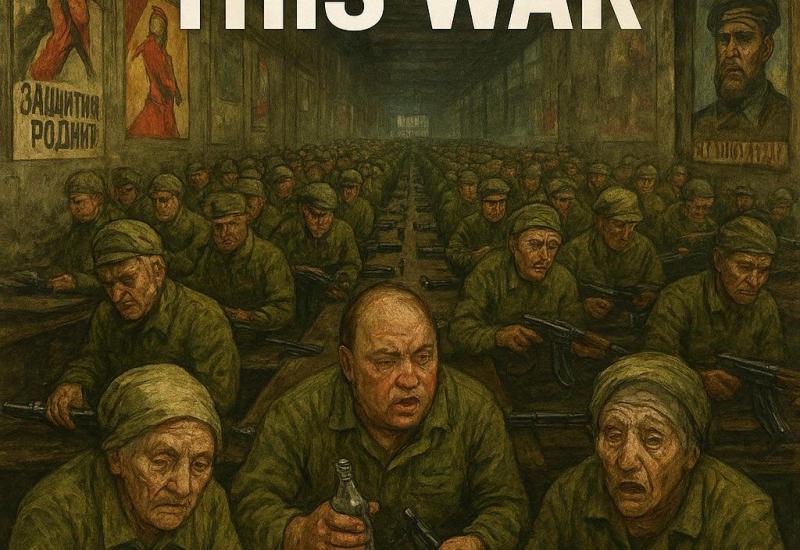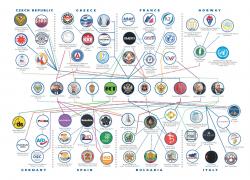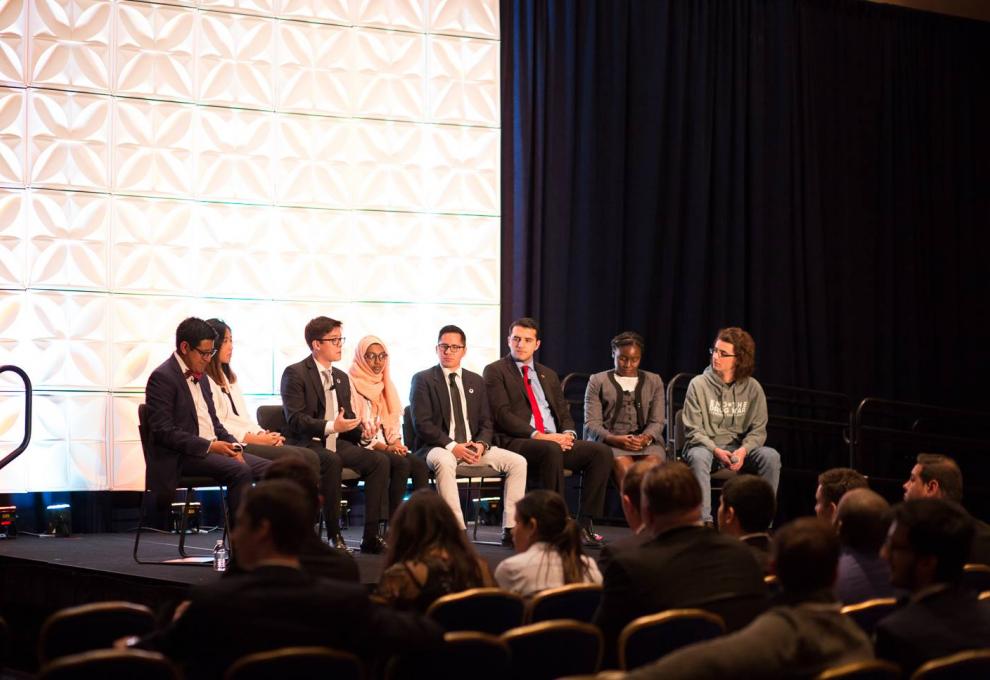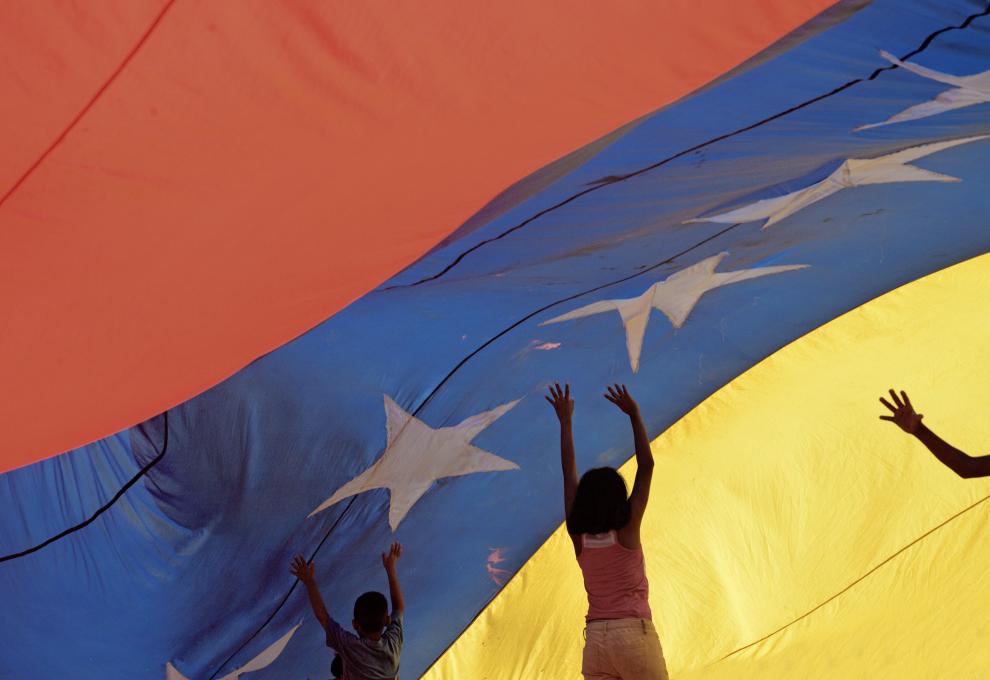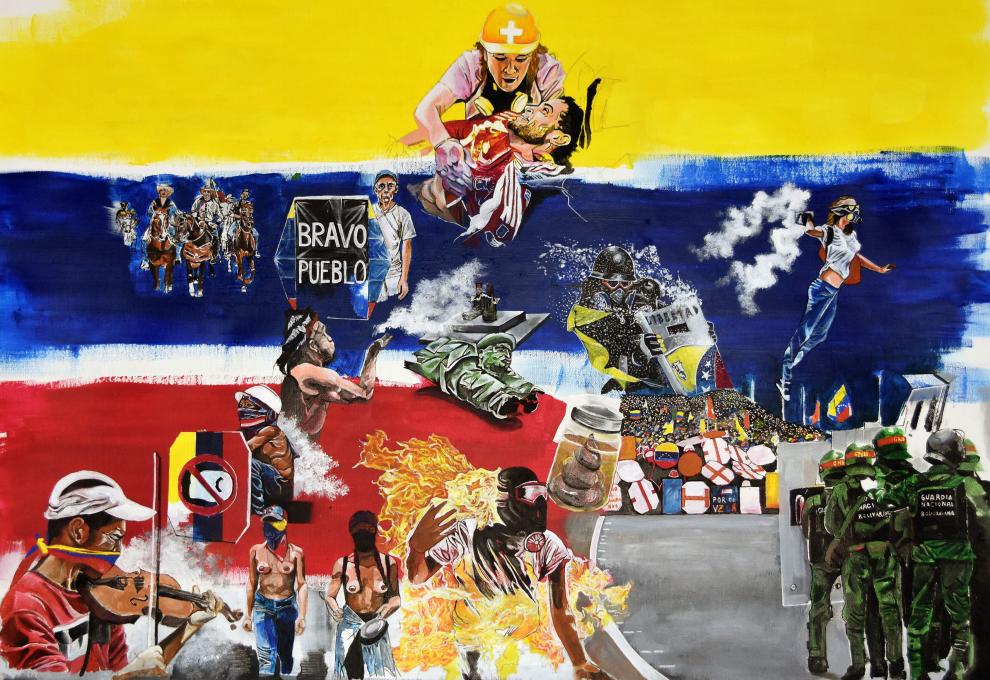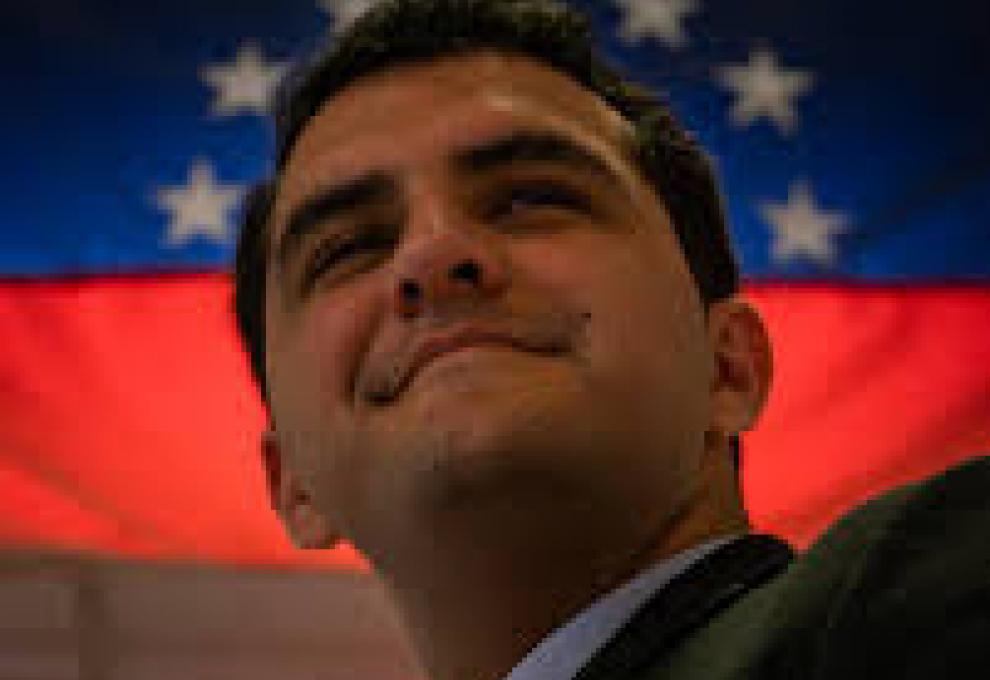Despite US Sanctions, China is Buying Oil from Venezuela
In February, China bought over 500 thousand barrels per day of Venezuelan oil, the purchases were carried by “phantom companies,” and through “dark voyages.”
On repeated occasions, the Maduro regime has stated that the Venezuelan state is bankrupted because of the US sanctions. For instance, during his annual accountability speech in January, Maduro said that the Venezuelan state had lost “99 percent” of its income as a result of the sanctions. Similarly, Venezuela’s Vice President for Planning, Ricardo Menendez, has declared repeatedly that the Venezuelan state has lost over 40 billion dollars as a result of the American sanctions.
Overall, the Maduro regime has focused its propaganda machinery on blaming the sanctions for all the issues of the Venezuelan economy. In the same accountability speech of January, Maduro not only said that the sanctions are illegal under international law, but that the sanctions represent a “multiform attack.” An attack that has dramatically compromised virtually all sectors of the Venezuelan economy, such as “income, currency, foreign debt, oil production, and imports of essential goods.”
Yet, most economists and Venezuelans know very well the true cause of the Venezuelan collapse. Years before the US policy of sanctions began (in August 2017), the Venezuelan economy was already in deep trouble. Well ahead of the sanctions, the country already had all the issues that Maduro was talking about. Venezuela is in a recession since 2013, it has the highest inflation rate in the world since 2013 as well, and it was around that time when the country began experiencing the two most emblematic features of the Venezuelan crisis: the long lines of people waiting for food and medicines, and the long lines of people waiting to cross the border to Colombia.
Likewise, Nicolas Maduro is also lying every time he says that the Venezuelan state has lost “99 percent of its income.” It is simply not true that PDVSA (the Venezuelan state-owned oil company) is not being able to export oil because of the sanctions. In fact, Venezuela’s exports increased in February. According to PDVSA’s internal documents, and data available Refinitiv Eikon (a London-based financial data provider), Venezuela’s exports rose from 550 thousand barrels per day in January to over 700 barrels of oil per day in February.
This incentivized me to research a little bit about who has been actually buying oil from Venezuela. Because even though the sanctions did not cause the collapse of the Venezuelan oil industry, the US has indeed exacerbated the decline by threatening companies that want to do business with the Venezuelan regime. The US threatens these companies, of course, with sanctions from the Treasury Department.
What I found was really interesting. According to the internal documents of PDVSA, almost all oil exported from Venezuela was sold to one country and one country only: China. The Asian nation bought three-quarters of all the oil that Venezuela exported in February (570 out of the 700 thousand barrels of exports).
What is even more interesting is that China did not do these operations through its state-owned company, China Petroleum Corporation, which has not reported any purchases from Venezuela since 2019. China instead bought the Venezuelan oil with “phantom companies” in Beijing. These companies are called in this way, as they have not only no track-record of oil purchases but also almost no information overall.
Moreover, according to the monitoring service Tanker Trackers, China has been carrying this oil from Venezuela through a mechanism known as “dark voyage,” which means that the oil tankers sail to China with their transponders turned off, and with paint over their names to avoid detection and identification.
And perhaps even more worryingly (from an international perspective) is that Beijing is not only doing this deal with Venezuela but also with Iran. According to the Wall Street Journal, China is currently importing 900 thousand barrels of oil per day from Tehran, also breaching US sanctions.
When asked about it, the Biden administration has declared the following: that even though they are aware of the situation, the administration is reluctant to sanction Being for its misconduct because of the risk of retaliation.
However, the problems of not sanctioning China for its misbehaviors I think outweigh its risks. Because if the Biden administration does not adjust its policy of sanctions so that these take into consideration Beijing and its actions, the US foreign policy on Venezuela and Iran will fail miserably, as in both cases, the US strategy depends on its ability to financially pressure these regimes. In the Venezuelan case, to pressure the regime and its coalition into a political change; and in the case of Iran, to pressure the regime into negotiating a new nuclear deal with the United States. So, if the regimes are actually not being affected by the sanctions, the sanctions will only end up strengthening them - by increasing their ability to excuse themselves for the crises of their countries, and their ability to gather international support.
Jorge Jraissati is the president of the Venezuelan Alliance. Graduated at the Wilkes Honors College, Jorge is an economist, political leader, and a fellow at the Abigail Adams Institute. Jorge has been invited as a guest lecturer to over 20 universities, such as Harvard, NYU, and Cambridge.



